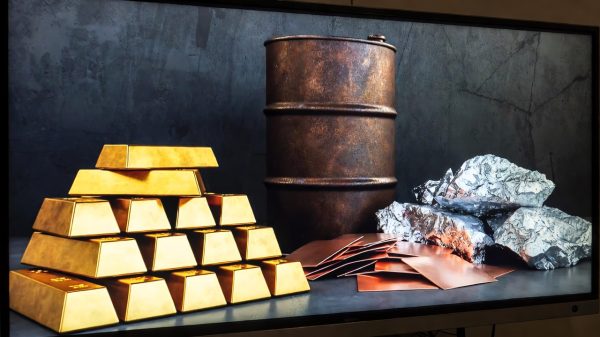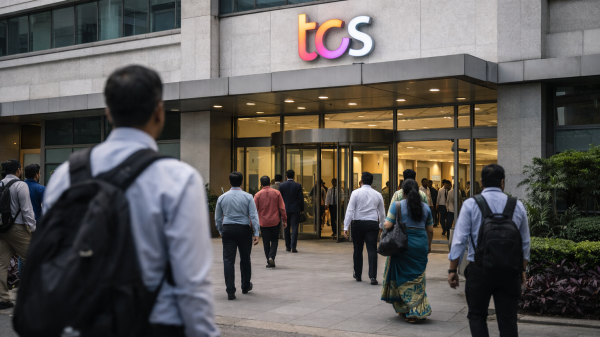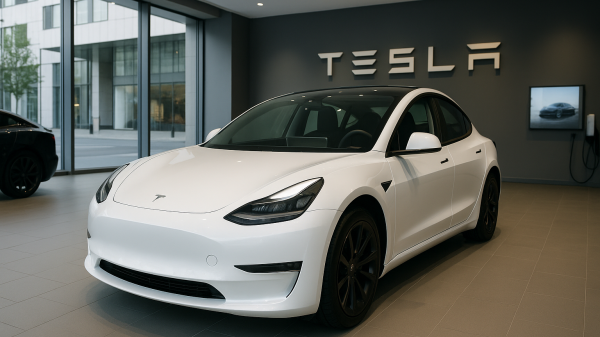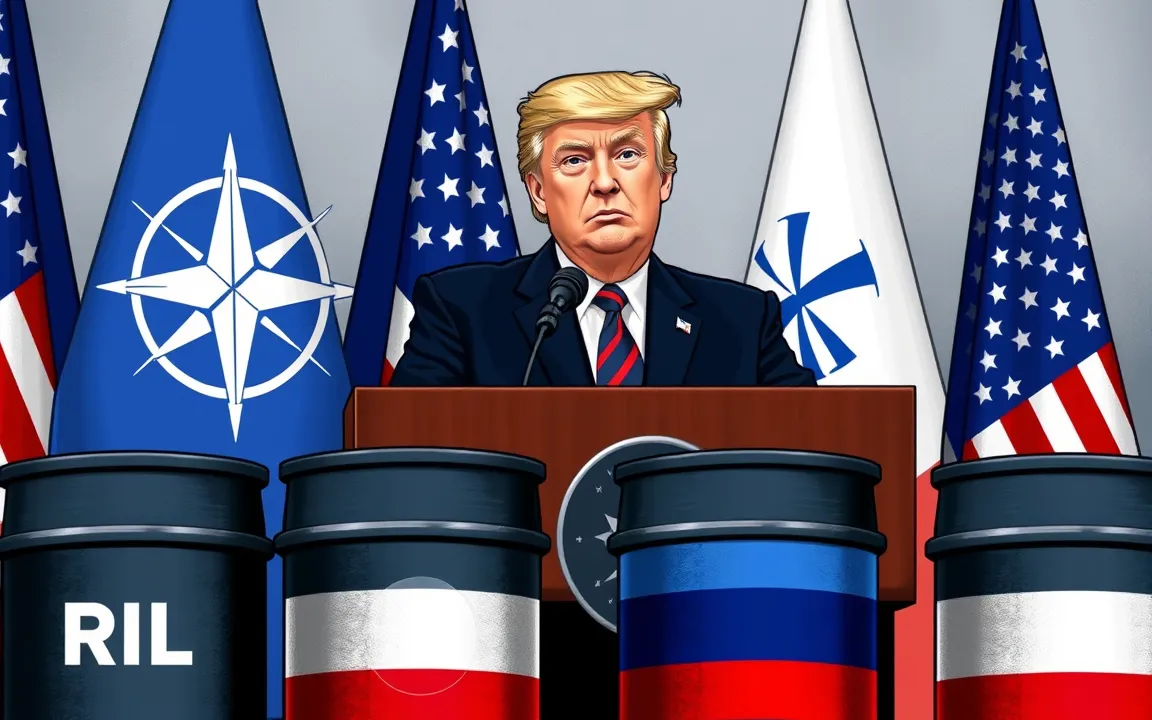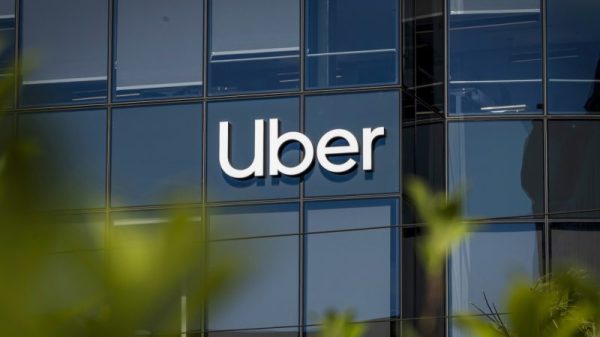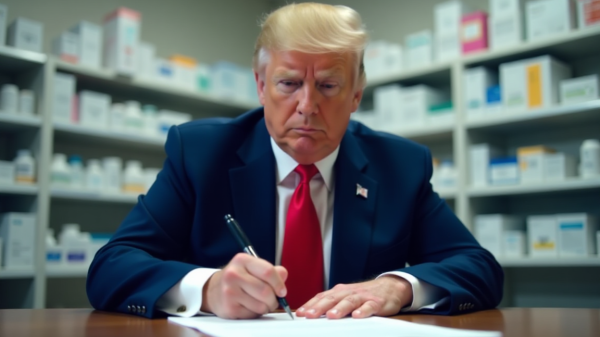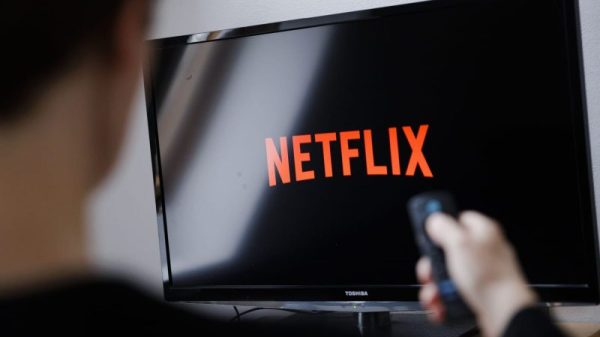US President Donald Trump said on Saturday that he is prepared to move forward with “major” sanctions on Russian oil, but only if all NATO member states commit to similar measures.
The statement, posted on his Truth Social platform, comes as tensions escalate over Russia’s ongoing war in Ukraine and as divisions persist among NATO allies on how far to go in curbing Moscow’s energy revenues.
“Ready to do major Sanctions on Russia when all NATO Nations have agreed, and started, to do the same thing, and when all NATO Nations STOP BUYING OIL FROM RUSSIA,” Trump wrote.
He stressed that the unity of NATO members is critical to the effectiveness of any additional sanctions.
While many European nations have already reduced or halted their purchases of Russian oil, some NATO countries, including Hungary, have resisted tougher measures.
Their stance has slowed broader European Union efforts to target Russia’s energy sector more aggressively.
G-7 coordination and tariff proposals
The debate over sanctions coincides with discussions within the Group of Seven (G-7) on ways to increase economic pressure on Moscow.
Bloomberg reported on Friday that the US is preparing to urge allies in the G-7 to impose tariffs of up to 100% on China and India for continuing to purchase Russian oil.
The move is designed to reduce Russia’s revenues and convince President Vladimir Putin to scale back military operations in Ukraine.
Trump suggested that broader tariff actions could be tied to the resolution of the war.
“This, plus NATO, as a group, placing 50% to 100% TARIFFS ON CHINA, to be fully withdrawn after the WAR with Russia and Ukraine is ended, will also be of great help in ENDING this deadly, but RIDICULOUS, WAR,” he wrote.
Any action targeting China, however, risks sparking retaliation from Beijing.
Trump has at times taken a softer tone toward China while seeking a summit with President Xi Jinping and advancing negotiations on a trade deal.
The proposed sanctions could also complicate the fragile truce in the ongoing US-China trade dispute.
US Treasury Secretary Scott Bessent and Trade Representative Jamieson Greer are scheduled to meet Chinese officials in Madrid in the coming days.
Meanwhile, G-7 finance ministers also discussed new measures to tighten sanctions on Russia during their meeting on Friday.
Growing strains with Russia and NATO divisions
Up to now, Trump has resisted introducing fresh sanctions on Russia as he pursued peace talks with Putin.
His most recent summit with the Russian leader in Alaska failed to secure any shift in Moscow’s military campaign, and subsequent efforts to arrange a three-way meeting with Ukrainian President Volodymyr Zelenskiy did not materialize.
Recent Russian airstrikes in Kyiv, carried out after the Alaska summit, appear to have hardened Trump’s stance.
“NATO’S commitment to WIN has been far less than 100%, and the purchase of Russian Oil, by some, has been shocking! It greatly weakens your negotiating position, and bargaining power, over Russia,” he said.
One of the key holdouts is Hungary, where President Viktor Orban — a Trump ally — has maintained close ties with Putin.
Hungary has a long-term contract with Russia’s Gazprom PJSC to import 4.5 billion cubic meters of gas annually through 2036, supplemented by additional purchases since 2022.
As Trump’s rhetoric intensifies, the challenge remains whether NATO nations can align on a unified sanctions approach, particularly as some continue to rely heavily on Russian energy supplies.
The post Trump says US will sanction Russian oil if NATO stops buying it appeared first on Invezz



